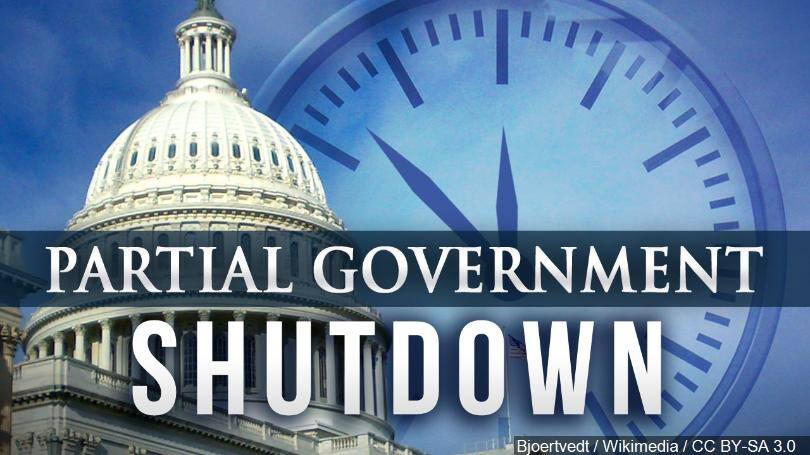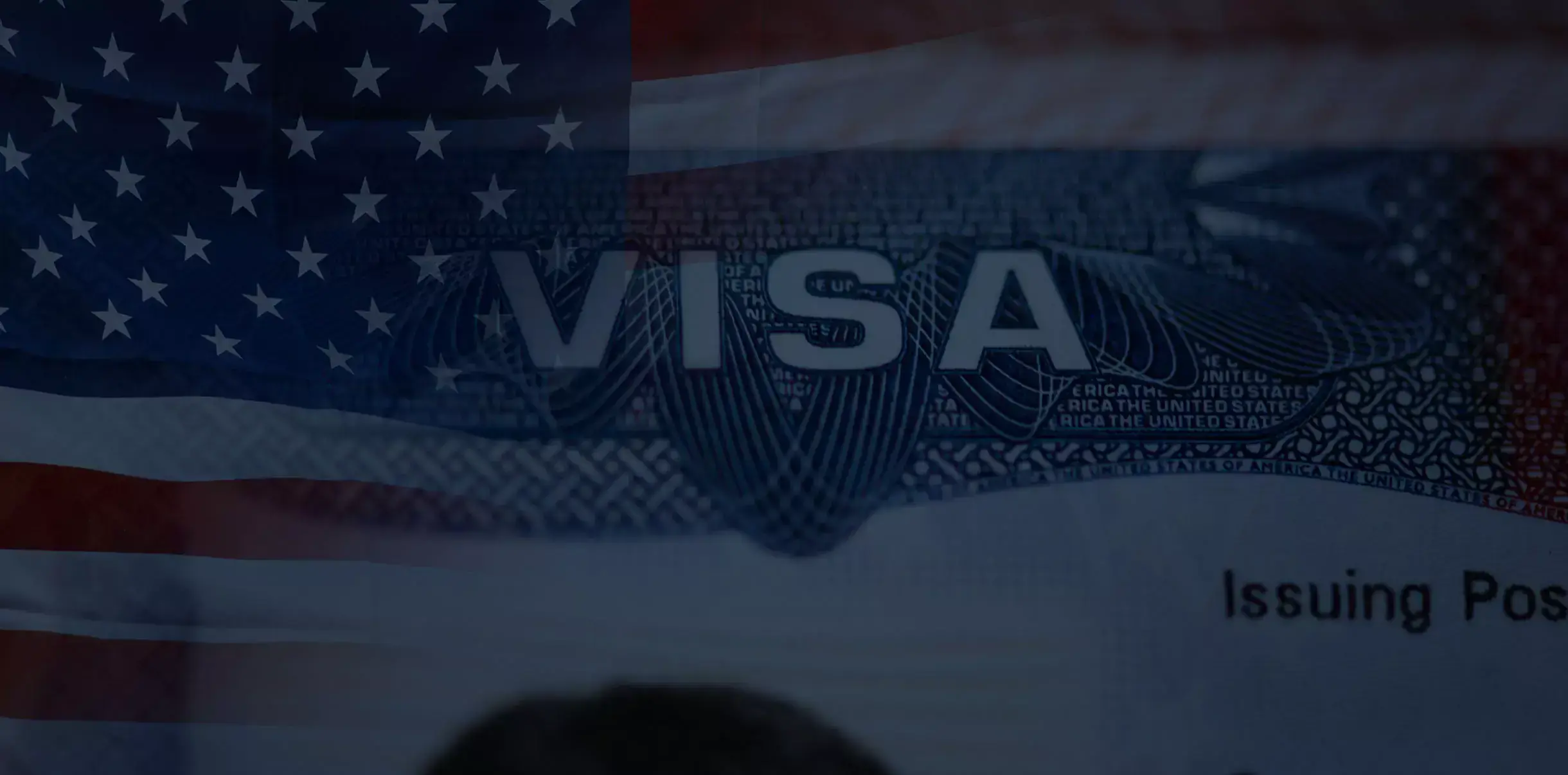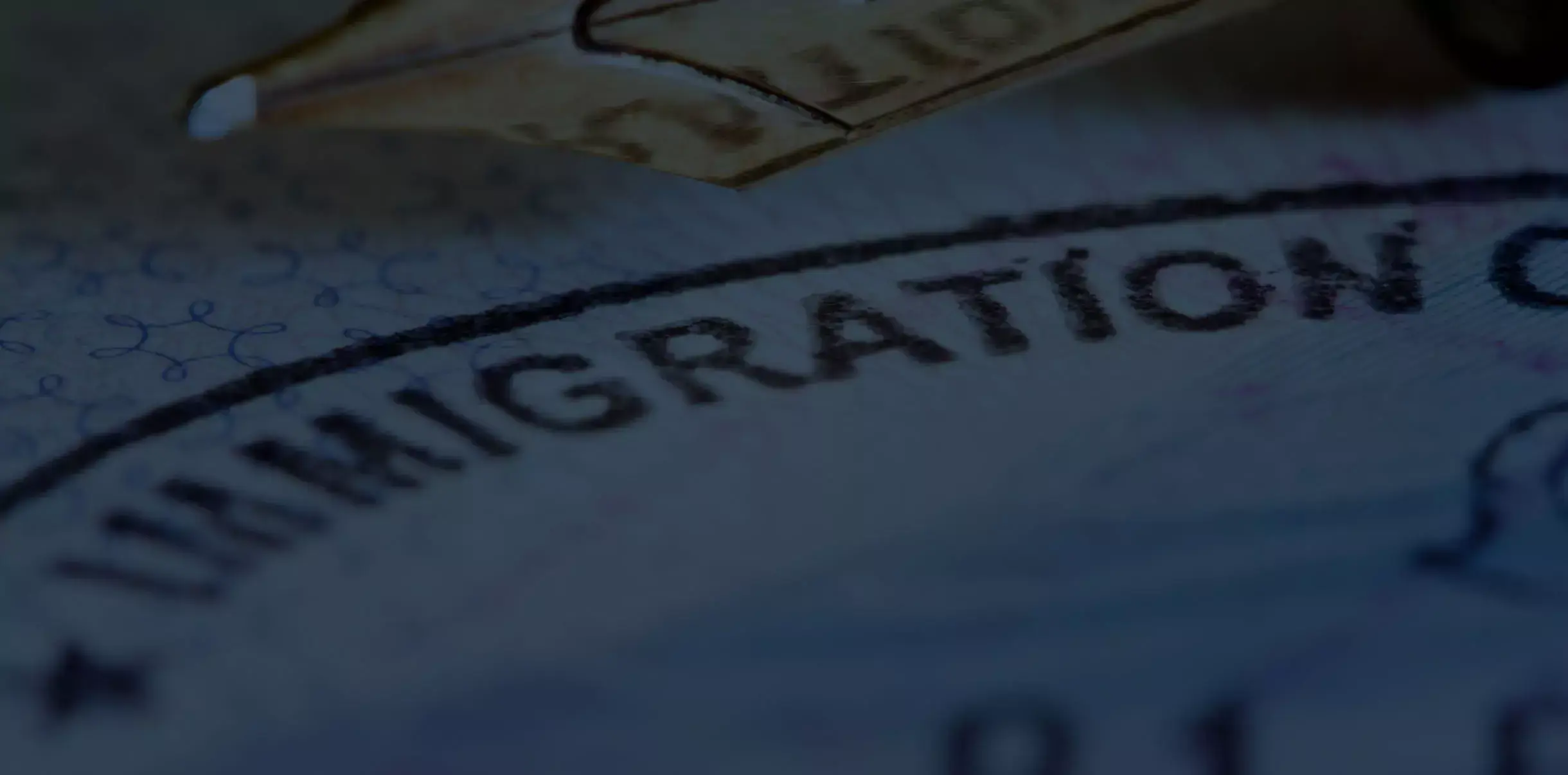 President Trump’s refusal to sign a bill to keep the government running that does not include border wall funding has caused a government shutdown. Since midnight December 21, 2018, approximately 25 percent of government functions have shut down.
President Trump’s refusal to sign a bill to keep the government running that does not include border wall funding has caused a government shutdown. Since midnight December 21, 2018, approximately 25 percent of government functions have shut down.
When it comes to immigration, agencies that would be impacted by a government shutdown, those include the Department of Homeland Security and its immigration-related components (CBP, ICE, USCIS, CIS Ombudsman), the Department of Justice (EOIR), and the Department of State.
However, because USCIS is a fee-funded agency, it is generally business as usual. Individuals should attend appointments and interviews as scheduled and USCIS will continue to accept petitions. The exception to this is those programs that receive appropriated funds - E-Verify, the EB-5 Immigrant Investor Regional Center Program (not the EB5 Direct Investment Program), Conrad 30 J-1 doctors, and non-minister religious workers. Last year USCIS continued processing DACA renewals.
Last year my E-Verify services were unavailable, including myE-Verify accounts, Self Check, Self Lock, Case History, and Case Tracker. If these services are suspended again, employers will not be able to access their E-Verify accounts and Customer Service will be closed. USCIS implemented temporary policies during the 2017 shutdown, including suspending the "three-day rule," extending the time in which employees may resolve Tentative Nonconfirmations (TNCs), and confirming that employers should not take adverse action against employees due to an interim case status during that time.
DOS: Visa and passport operations are fee-funded and should not be impacted by a lapse in appropriations, but operating status and funding will need to be monitored closely. If visa operations are affected, consular posts will generally only handle diplomatic visas and "life or death" emergencies.
CBP: Inspection and law enforcement personnel are considered "essential." Ports of entry will be open; however, processing of applications filed at the border may be impacted.
ICE: ICE enforcement and removal operations will continue, and ICE attorneys will typically focus on the detained docket during a shutdown. The ICE Student and Exchange Visitor Program (SEVP) offices are unaffected since SEVP is funded by fees.
EOIR: Immigration court cases on the detained docket will proceed during the lapse in congressional appropriations while non-detained docket cases will be reset for a later date when funding resumes
The Department of Labor (DOL) is not impacted by a government shutdown as on September 28, 2018, President Trump signed a minibus appropriations bill funding DOL through the end of September 30, 2019. So labor certifications and prevailing wage requests will continue to be processed.




